Dry Bulk Shipping in Nigeria: Supporting Trade and Economic Growth
Dry bulk shipping is an integral part of Nigeria’s maritime industry, enabling the transportation of large quantities of unpackaged goods such as grains, coal, cement, and minerals. As one of the largest economies in Africa, Nigeria relies on dry bulk shipping to facilitate trade, support industries, and ensure the steady flow of essential commodities.
In this article, we explore the role of dry bulk shipping in Nigeria, the commodities it supports, challenges faced by the sector, and how Wigmore Trading offers solutions to streamline operations.
What is Dry Bulk Shipping?
Dry bulk shipping involves the transport of unpackaged, solid goods in large quantities. These goods are typically loaded directly into the cargo hold of bulk carriers, eliminating the need for packaging.
Common Dry Bulk Commodities in Nigeria
- Agricultural Products: Grains (wheat, maize, and rice), cocoa, and sugar.
- Industrial Materials: Cement, fertilizers, and clinker.
- Minerals and Metals: Coal, iron ore, and gypsum.
- Construction Supplies: Sand, gravel, and aggregates.
The Importance of Dry Bulk Shipping in Nigeria
1. Enabling Industrial Growth
Dry bulk shipping supports Nigeria’s industrial sectors by facilitating the import of raw materials like cement and fertilizers, which are essential for construction and agriculture.
2. Enhancing Agricultural Exports
Nigeria’s agricultural exports, such as cocoa and grains, rely on dry bulk shipping to reach international markets efficiently.
3. Supporting Energy Needs
The coal industry and other mineral exports benefit from bulk shipping for both domestic distribution and export.
4. Cost-Effective Transport
Dry bulk shipping is more economical for transporting large quantities of goods over long distances compared to other shipping methods.
Key Ports for Dry Bulk Shipping in Nigeria
1. Apapa Port (Lagos)
A major hub for bulk imports, handling commodities like wheat, cement, and fertilizers.
2. Tin Can Island Port
Specializes in the handling of dry bulk goods and is strategically located near industrial hubs.
3. Onne Port (Rivers State)
Supports bulk shipping for industrial and agricultural products, particularly those linked to the oil and gas sector.
4. Calabar Port
Handles regional bulk cargo, including agricultural products and construction materials.
Challenges Facing Dry Bulk Shipping in Nigeria
1. Port Congestion
Limited infrastructure and high cargo volumes at major ports lead to delays in loading and unloading bulk carriers.
2. Inadequate Storage Facilities
Insufficient warehousing and storage facilities for dry bulk commodities can result in losses due to spoilage or contamination.
3. Regulatory Bottlenecks
Navigating Nigeria’s complex regulatory framework for imports and exports can cause delays and increase costs.
4. Transportation Infrastructure
Poor road networks and limited rail connectivity make inland distribution of bulk commodities challenging.
5. Environmental Concerns
Dust emissions and spillage during loading and unloading pose environmental risks, necessitating stricter handling procedures.
Opportunities in Nigeria’s Dry Bulk Shipping Sector
1. Infrastructure Development
Investments in modernizing ports and storage facilities can improve efficiency and reduce costs in bulk shipping operations.
2. Agricultural Export Growth
With Nigeria’s push to diversify its economy, dry bulk shipping plays a critical role in increasing agricultural exports to global markets.
3. Regional Trade Agreements
The African Continental Free Trade Area (AfCFTA) opens new opportunities for the movement of dry bulk goods within Africa.
4. Technology Integration
Adopting advanced technologies such as automated loading systems and real-time tracking can enhance the efficiency of dry bulk operations.
How Wigmore Trading Supports Dry Bulk Shipping in Nigeria
Wigmore Trading provides tailored solutions to address the unique challenges of dry bulk shipping in Nigeria. Here’s how we assist:
1. Efficient Freight Forwarding
We manage the end-to-end logistics of dry bulk commodities, from cargo booking to delivery.
2. Port Handling Expertise
Our team ensures smooth loading and unloading of bulk goods at Nigeria’s busiest ports, minimizing delays and losses.
3. Warehousing and Storage Solutions
We provide secure and well-maintained storage facilities for bulk commodities, reducing the risk of spoilage.
4. Regulatory Compliance
Wigmore Trading handles customs clearance and ensures compliance with Nigerian trade regulations, streamlining the shipping process.
5. Sustainable Practices
We implement environmentally friendly measures to reduce dust emissions and manage waste during bulk handling operations.
Conclusion
Dry bulk shipping is a cornerstone of Nigeria’s trade and industrial ecosystem, facilitating the efficient movement of essential commodities. While challenges such as port congestion and infrastructure deficits persist, investments in modernization and technology are driving the sector’s growth.
For businesses involved in dry bulk shipping in Nigeria, Wigmore Trading offers expert logistics support, ensuring seamless operations and efficient cargo handling. Contact us today to learn how we can optimize your bulk shipping needs.


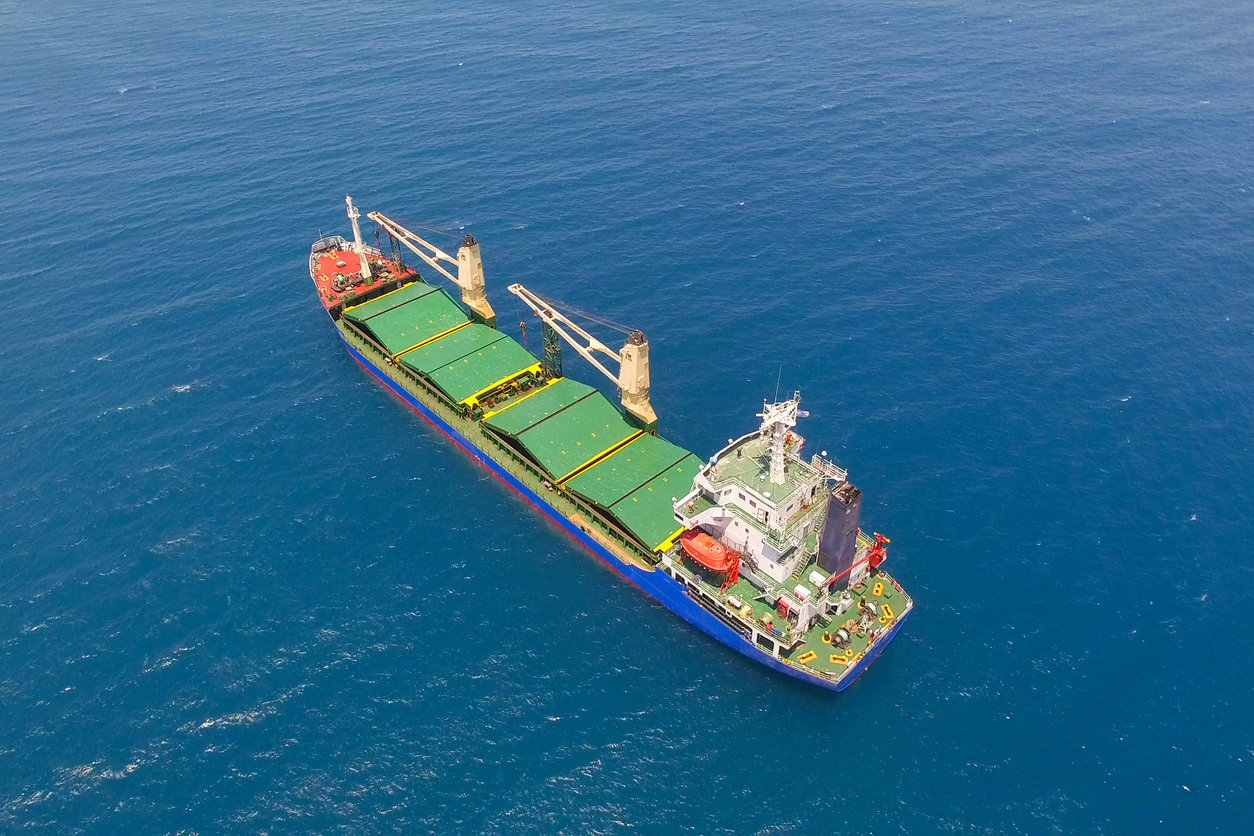
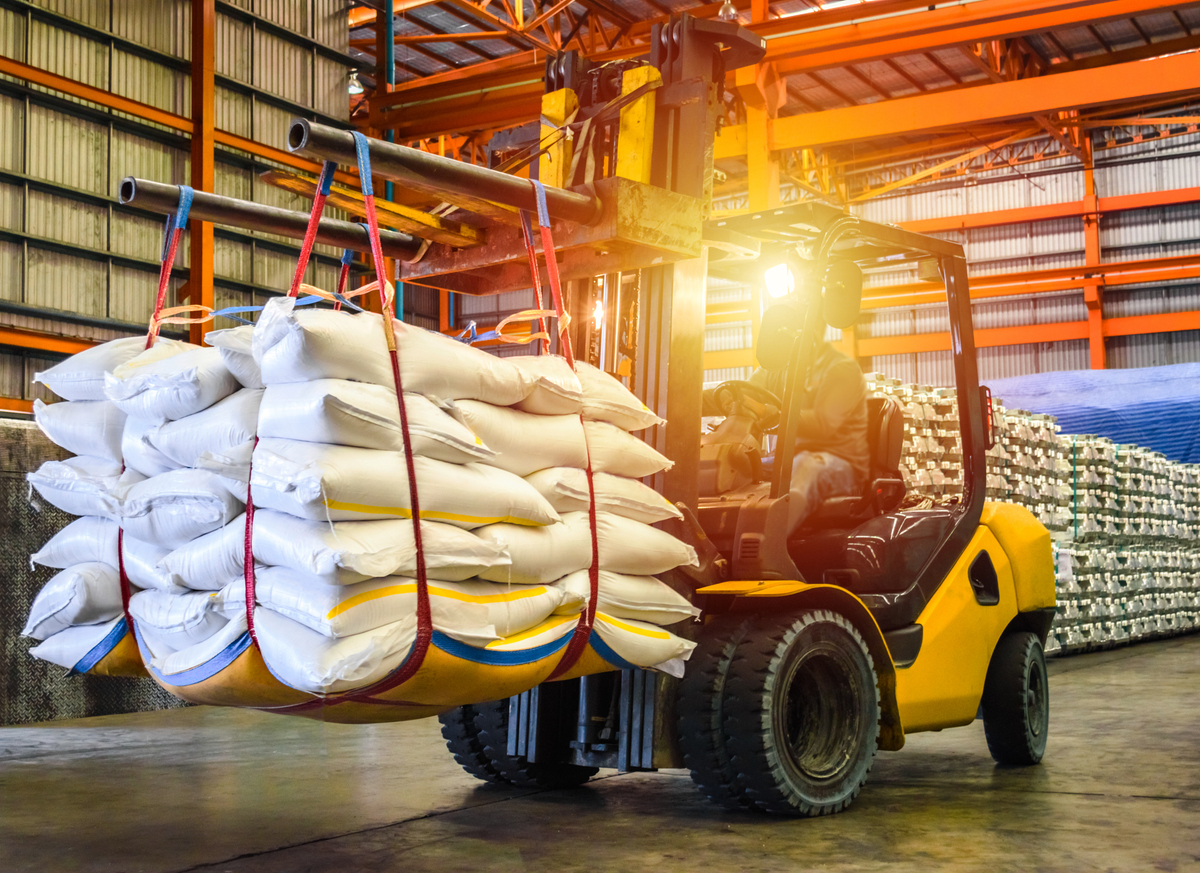
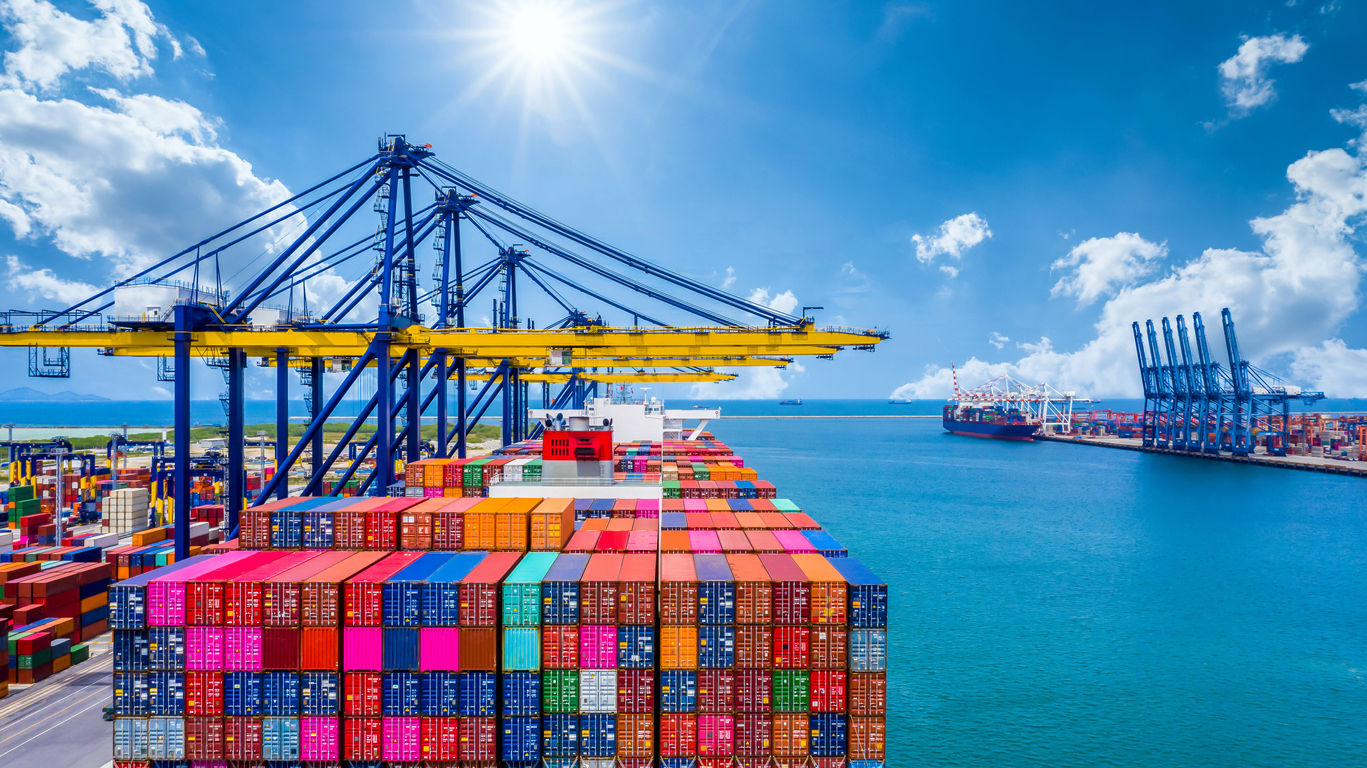
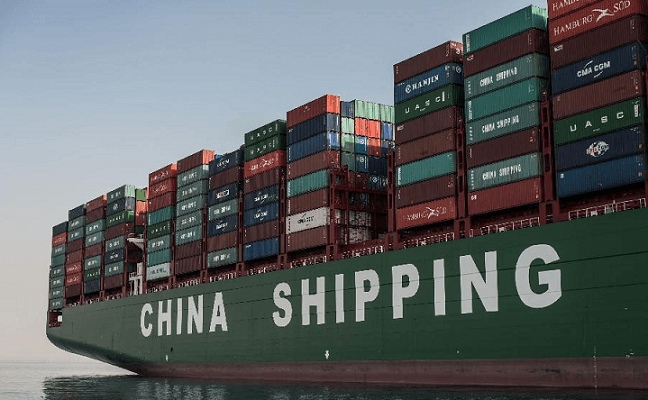

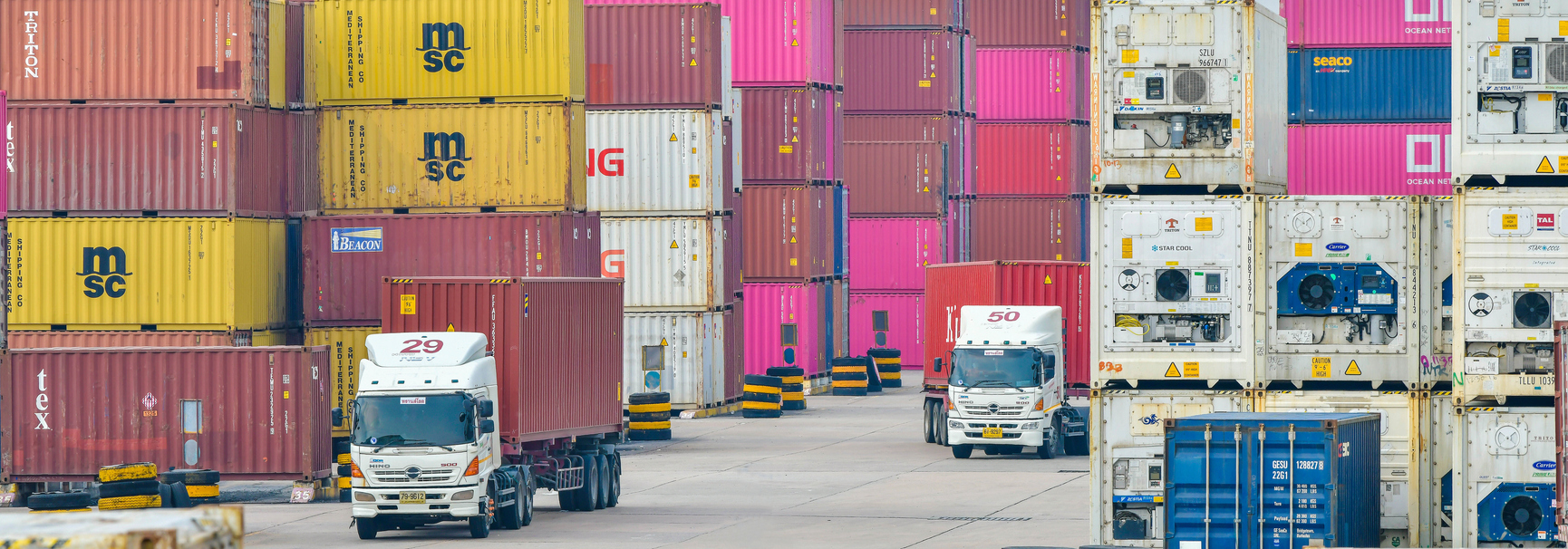
Comments are closed.